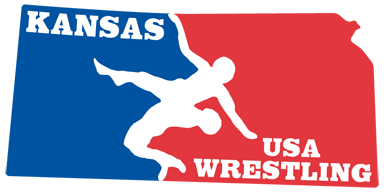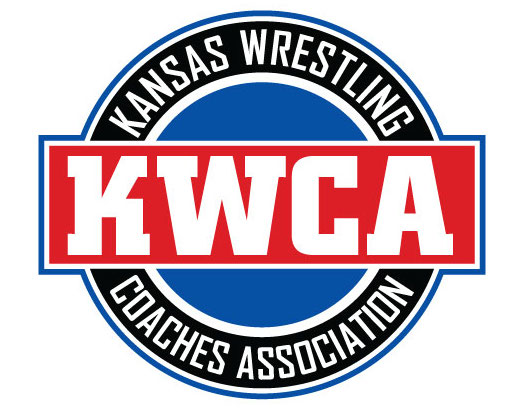At the request of: SFGD
I have only included portions of research and some articles and the links to the entire article to help educate parents, coaches,
and administrators. Anyone who cares how we develope kids from recreational to competitive athletes may read this inormation. There is no doubt my goal is and has been to grow the sport of USA Kansas Wrestling and on to KSHSAA HS wrestling. These 4,5 & 6 year kids - their time will come soon enough for a shot at a State Title. They have 7-10 more years before they reach High School - So some of them will have a shot at 11 to 12 folkstyle state titles if they start the state championship series at 7.
I have provided information below if you would like to be informed. People say who cares - I do!
Foundations of sport and exercise psychology
http://books.google.com/books?id=5oVkn20...rts&f=false By Robert Stephen Weinberg, Daniel Gould
Part VII Starts on Page 514
Facilitating Psychological Growth and Development
Athletic & Psychological Perspectives for Young Players
http://www.trenton.k12.nj.us/Columbus/coyne/athletic.htm Posted on Wednesday, February 12 @ 17:28:05 EST
From: Childhood To Champion Athlete, by Tudor Bompa
The first experience in a sport is critical for the ongoing development of any athlete. If the experience is positive, the child will likely continue participating. If the experience is negative, the young participant may drop out of the sport, and lose interest in physical activity.
Many children now have their first sporting experience in organized competition. Children, as young as four years of age, often participate in structured leagues, or Mini Soccer tournaments where there are formalized rules and referees, official team kits, and winning is the primary objective.
There is a great deal of support, from a variety of adults, for organized competitive sports for children. Many individuals believe that it is important for children to experience winning and losing, and that organized sports provide a forum for children to develop values and skills that will help them later in life. Although there is some merit to this perspective, there are many psychological demands on children, which can have an adverse effect on their growth and development, and may prevent potential world champions from optimally developing their talent.
This article will address some of the controversial issues surrounding highly organized competitive sports programs for children.
PUTTING WINNING INTO PERSPECTIVE
Children love to compete!
This is a known fact for anyone in child education, including physical education and sports. The influence of sports on their daily lives is profound. Children are greatly influenced by their coach, who often may become their role model, as well as by top athletes in their sport, who are their heroes. Therefore, the influence sports have on children is not to be taken lightly.
Children are very athletically minded, and as such, many of them participate in sports. According to recent studies on the topic, 45% of 10 year olds participate in sports! However, as they grow older, almost half of them drop out of sports (at the age of 18 only 26% stay active).
One of the most frequently asked questions about children and sport is:
"To be a world champion, is it important to win a lot during childhood?" The answer is, 'NO'.
To expect potential world champions to be winners from an early age, is like expecting a business to be extremely profitable from its first month of operation.
Similarly to business, if a solid foundation is not developed during early years, the chances of being successful for a long period of time are drastically reduced. If winning is emphasized, there is much more likelihood that a solid foundation will not be developed, and that children will experience a variety of problems, both physical and psychological. Top
THE PROBLEMS WITH WINNING
Discrimination Against Late Maturing Children







